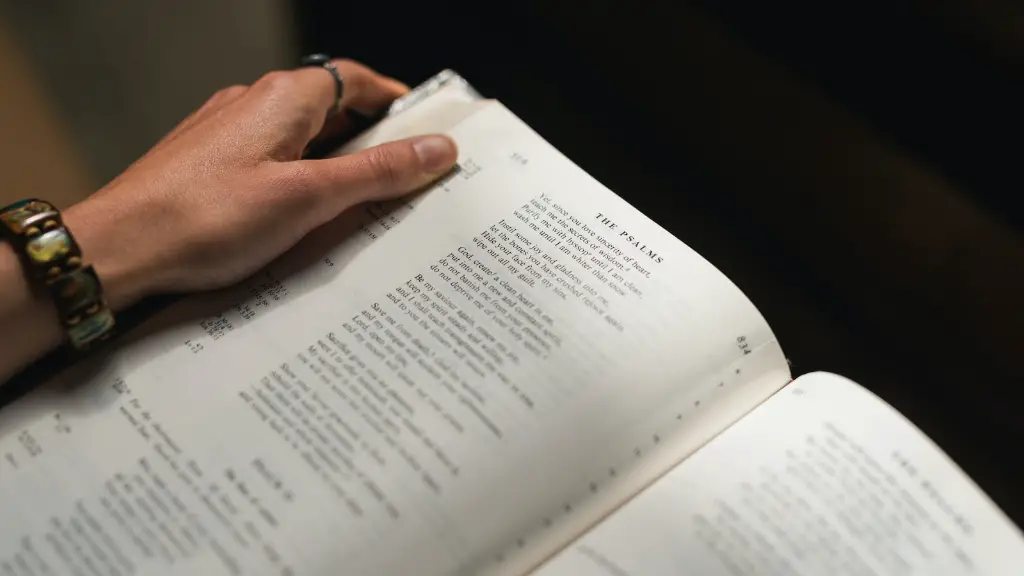Early life
James Mercer Langston Hughes was born on February 1st 1902 in Joplin, Missouri to parents James Nathaniel Hughes and Carrie Mercer Langston. His father worked as a lawyer, but had also moved around a lot due to his job, which led to Langston living with his grandmother in Lawrence, Kansas. Hughes’ grandmother was Jane Langston and she was born a slave. Despite this, she was very successful and employed by the college which Langston Hughes attended, the Lincoln Institute. She became an inspiration for Hughes and inspired his quest for education and success.
Writer and Activist
Langston Hughes was a prolific poet, novelist, playwright, essayist and columnist. He wrote about topics such as race and social inequalities. His career started in the early 1920’s when he published his first poems in magazines and newspapers. From 1926 till his death, he published numerous works of literature that highlighted African American culture and history. In his poem I, Too, He wrote “I, too, sing America. I am the darker brother.” This poem was inspired by his experience of growing up in America as a black man.
Hughes was an early advocate of the Harlem Renaissance, a period of African-American cultural production defined by literature, art and music that initiated in the early 1920s. His writing addressed issues of race, poverty, and oppression through an optimistic perspective. He was a leader of civil rights, having shown support for both the National Association for the Advancement of Colored People (NAACP) and the Universal Negro Improvement Association (UNIA).
Poetry of Everyday Life
Langston Hughes wrote about the everyday life of black Americans, and he did this to get his message across and to impact others. He wrote about such topics such as working and travelling, jazz and cabaret, hunger, love and youth and he even wrote about religion. Because of his skillful use of the language, and his powerful and vivid descriptions of life, Hughes was able to make a lasting impression on the reader.
He was one of the most important poets during the Harlem Renaissance, and he was highly respected for his ability to capture the struggles of everyday life and the hopes, aspirations and dreams of African Americans. His poems were an intriguing mix of humour, melodrama and sorrow, which created a narrative that captivated his readers.
Political and Intellectual Influences
The influence of the Harlem Renaissance, and the work of other authors such as W.E. B. Du Bois, who was a leader in the civil rights struggle, deeply impacted Hughes and his writing. He remained involved in the civil rights movement throughout his life, and he was a passionate advocate for equal rights.
Hughes also admired the work of his peers, and was greatly influenced by other authors such as Zora Neale Hurston, whose work brought the beauty and the culture of African American folklore to the public. He also drew from other intellectuals such as Marcus Garvey, who asked people of color to take pride in their race, culture, and heritage.
Legacy
Langston Hughes is one of the most influential writers of the 20th century and he still has a strong presence in today’s culture. He has inspired generations of readers and writers, and remains an important part of African American history and culture.
He was celebrated for his progressive views and impressive works, which have been published and performed across the world. In 2002, the United States Library of Congress inducted Hughes into the National Library of Poetry and Prose.
Style of Language
Langston Hughes used vernacular language and other narrative tools to capture and portray the struggle and determination of African Americans. His use of language was a reflection of the African American culture and experience, and this played a huge part in his popularity. He wrote in a style that was accessible, lyrical, and honest, and he used poetry to give voice to the raw experience of African Americans.
Hughes often wrote about the beauty of African American music and speech, using the beat and rhythm of jazz and blues to bring his poetry to life. He wrote with imagination and emotion, weaving together stories and ideas to create a unique voice. He popularized the idea that poetry should be accessible to everyone, and that it should be true to life.
Oration
Langston Hughes was a passionate orator and he often used speeches to share his perspectives on race and social reform. He spoke at different rallies and events, and traveled across the country to share his message.
His speeches were often full of emotion and his words were powerful and inspirational. He spoke with great confidence, and his ability to capture people’s attention and evoke emotion made him one of the most respected orators of his time.
Contribution to the African American Experience
Langston Hughes was a brilliant storyteller and his work has had an enormous impact on African American literature and culture. He wrote about the struggles of everyday life and the hopes of African Americans, and he brought these stories to the forefront of public consciousness. He captured the vibrancy and passion of African American culture, and his writings had a lasting impact on his readers.
His poetry and prose are a reminder of the resilience and strength of African Americans, and he helped to shape a new vision of the African American experience in America. He urged his readers to stand together, to fight oppression and injustice, and to pursue social change. He showed that it was possible to find joy and beauty even in the face of injustice.
Activating Activists
Langston Hughes believed that activism and civil rights were integral pieces of the African American experience, and he saw the power of collective action. He was active in various progressive causes and was an important leader during the civil rights movement. He saw the importance of standing up for what is right, and he spoke out and worked to bring about social change.
He saw the power of African American union and solidarity, and he demonstrated the importance of collective action. He believed that those in power cannot succeed in their attempts to oppress others if the collective stands together. He worked tirelessly for the rights of African Americans and encouraged others to work together to fight persecution and inequality.
Transcending Boundaries
Langston Hughes was an obstacle breaker, constantly adapting and transcending boundaries. He was an important bridge between the black and white communities and an essential voice during the civil rights movement. He was also a key figure in connecting the African American experience to a global audience, writing in multiple languages and in a variety of dialects. He used his global reach to spread awareness of African American culture and the experience of those living in oppression.
Langston Hughes transcended borders with his poetry and was one of the few authors to make a global impact. He connected nations and cultures, and he was a voice for the African American experience on a global scale. He showed that it was possible to bring people together and to transcend boundaries.
Inspiring Through Performance
Langston Hughes was no ordinary poet, and he often used performance to bring his works to life. He wrote for the stage, for the radio, and for film, and he was a master of performing arts.
Hughes enjoyed touring around the world and sharing his pieces with a live audience. He would often perform readings and act out scenes of his works, creating a powerful and captivating experience for his audience. He found joy in performing, and his use of dramatic storytelling, rich metaphors and vivid imagery had a powerful effect on those who experienced his performances.
Conclusion
Langston Hughes was one of the most important authors of the twentieth century, and he has left a lasting mark on literature and history. He was an influential political figure, an inspiring orator, and a passionate artist.
His commitment to civil rights, his passion for storytelling, and his skillful use of language enabled him to make a deep impression on society. He believed in the power of dreams and the importance of perseverance, and through his work, he inspired and encouraged others to work for social change. His legacy lives on in his writings, as an example of resilience and strength in the face of adversity.



